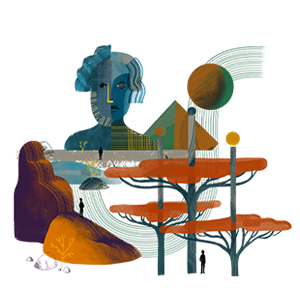The nature of the digital economy and dominance of platform operators make them vastly different from any other business model. Unlike traditional businesses, platforms can expand across borders with much lower entry costs; they amass a large user base with free-to-use services that, in turn, drive advertising sales; and they act as gatekeepers that decide what content and services users see. This dominance puts platforms in a powerful position, creating the potential for abuse.
Antitrust and competition policy regulators are concerned that too much power is being centralized among an elite few in Silicon Valley. But much of the levers available to governments are not suited for the digital era.
In her essay, Grace Mutung’u goes beyond the major platforms and looks at how a mobile network operator in Kenya, Safaricom, has transformed itself into a platform by offering a mobile payment processing app called M-Pesa, which is growing in dominance in the country.
























